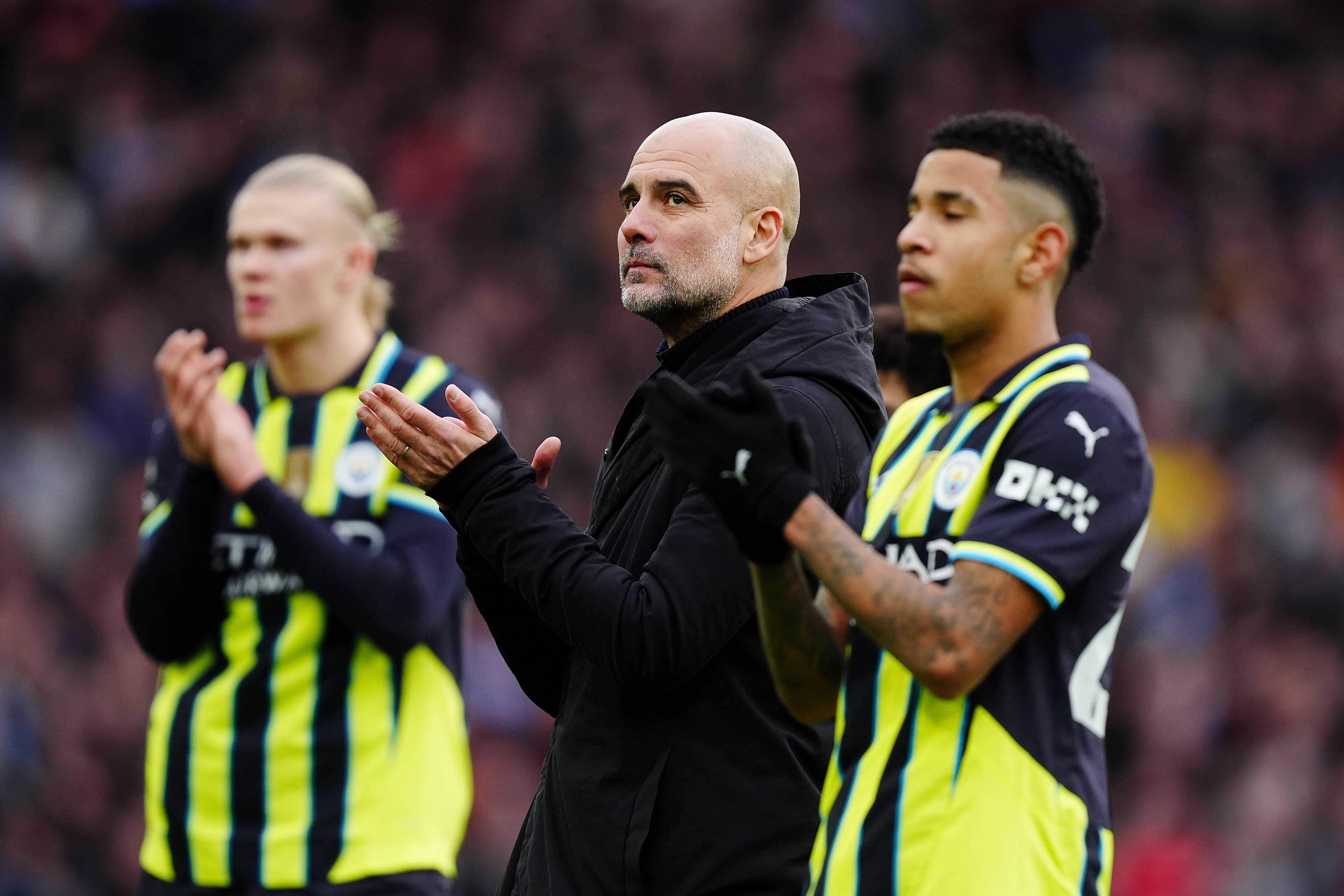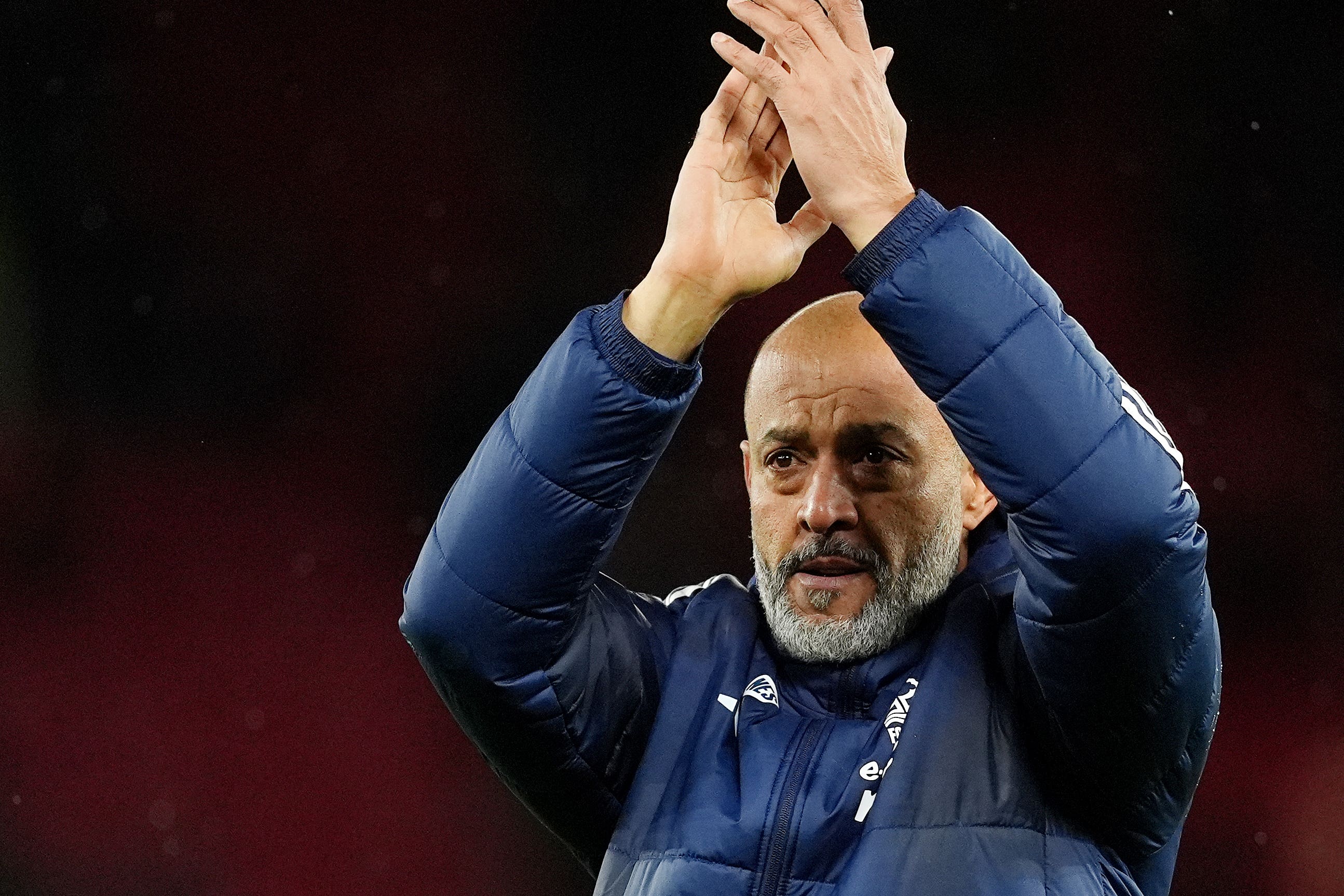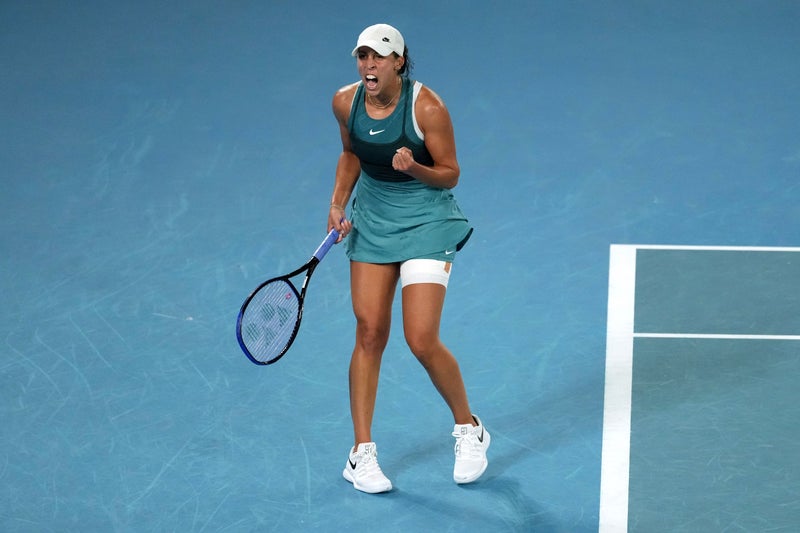The Dai Yongge Show continues: eight seasons and counting at Reading. It is the soap opera no network can seem to cancel. And by our tennis balls shall you know us. And by our clown outfits and face paint shall you know us. And by our carefully worded media releases and painstaking analysis of tribunal documents shall you know us. And by the gigantic billboard we hired outside the train station shall you know us. Anyway, what we’re saying is: you know us. As for the next step … yeah, we’re working on that part.
![[Jonathan Liew]](https://i.guim.co.uk/img/uploads/2019/11/25/Jonathan_Liew.png?width=180&dpr=1&s=none&crop=none)
“Ripped apart while the world watches” reads the aforementioned billboard outside Reading station. But is the world actually watching? Beyond the RG postcodes it was hard to identify too many concentric ripples from the news last week regarding another mysterious takeover bid for the club apparently falling through. It’s hard to drum up much interest in A Thing Not Happening, particularly when the transfer window is closing and the big beasts of the Premier League demand to be talked about at all times.
![[Kion Etete of Bolton Wanderers in action against Reading.]](https://i.guim.co.uk/img/media/4a0a74391858f71c34ed5ca71f4f578e1f321d77/0_256_5095_3057/master/5095.jpg?width=445&dpr=1&s=none&crop=none)
All the while, The Dai Yongge Show continues: eight seasons and counting, the show no network can seem to cancel, even when the man himself largely appears to have lost interest in producing it. It’s been almost a year since anyone even heard from him in an official capacity, since when dozens more staff have left, the women’s team were forced to drop three divisions to Tier 5 and the club is being kept afloat largely through cost-cutting and the sell-on fee received for Michael Olise last summer.
As for Reading’s fans, still turning out in five-figure numbers, the attention-grabbing stunts and mass mobilisation of 2024 have given way to a more resigned tone in 2025, the bleak realisation that this is a situation well beyond their control. According to recent reports, any potential takeover can be thwarted by a Chinese state-funded investment bank to whom Dai owes money, and who have the power to seize the club’s stadium if the club is sold.
Meanwhile the EFL can of course disqualify Dai as an owner and order him to divest. But should he refuse, it would be Reading who would be in danger of being thrown out of the league. And he would still own the training ground and the stadium. So, yeah. You can hold your protests. You can throw your tennis balls on to the pitch. But unless you fancy reckoning with British Virgin Islands tax law and taking on the literal state of China, you are basically powerless to flush Dai. And frankly, you risk flooding the entire bathroom in trying.
Of course, there are still a few cards to play. There does seem to be some genuine, if coy, interest out there. There is an admirably diligent local MP called Yuan Yang who, unlike many politicians, actually appears to be across the detail as well as the optics. And of course there is the Football Governance Bill, currently making its way through the Houses of Parliament at roughly the same rate as woodworm, against a growing tide of scepticism that suggests it is basically squeezing all the right anatomical pressure points.
Never mind that the proposed football regulator has been diluted and defanged to the point of futility. That it has nothing to say about state ownership, that it has done away with the redistributive transfer levy, that it remains essentially a bulwark against a European Super League that was extinguished four years ago and which Uefa is enacting by stealth anyway. Listen to some of the more unhinged scaremongering and you would imagine that Keir Starmer himself was marching into your club and giving your star striker away to Mauritius.
We hear, for example, that the regulator will get English clubs chucked out of Uefa competitions for government interference (yeah, nah, it won’t). We hear that the “English pyramid is not broken in the slightest” because “League One spent more in January than the 20 La Liga clubs” (Karren Brady, The Sun). We hear from the Premier League that it is “a risk to bring politics and lobbying into football”, from the body which was happy to listen to Boris Johnson’s advice on the sale of Newcastle United.
And in this respect the Premier League and its clubs and the media and the governing bodies are locked in a kind of macabre waltz. Over the past few decades there are clear structural and regulatory reasons why English football opened its doors to unchecked spending, the vast wealth inequalities that would inevitably filter through to the pitch. But perhaps we also underestimate the cultural factors at work: a public hooked to the drop of 24-hour transfer gossip, a press that celebrated spending and consumption and engorgement for its own wretched sake.
Of course you were not going to hear much resistance to clubs accumulating massive debt from the same reporters making their living off transfer speculation, relying for that speculation on the agents and intermediaries trying to drum up business. In recent years the theatre of transfers has become a kind of game beyond the game: fans howling at their boards to spend more money, clubs titillating their fans with glossy signing videos, the transfer journalist as quasi-celebrity, with his huge personal brand, his sponsored livestream, his natty catchphrase.






















